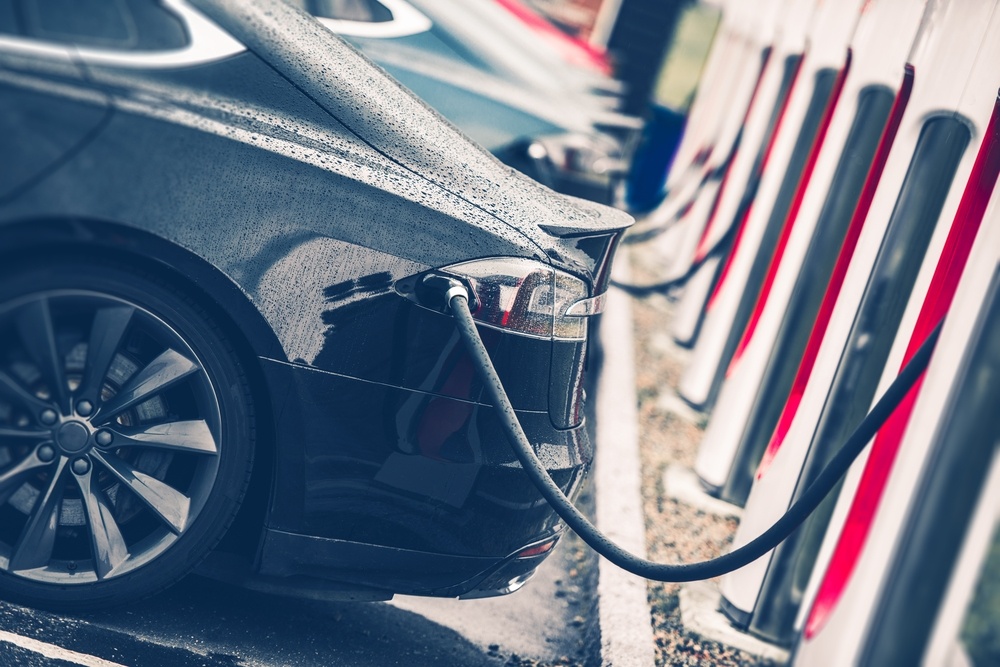Key Takeaways:
- The U.S. Senate voted to stop California from setting its own stricter air pollution rules for cars.
- California wants all new cars sold by 2035 to be electric, but the Senate’s decision may delay this plan.
- Republicans used a rare law to overturn the rule, sparking criticism from Democrats and environmental groups.
- California officials warn this move could hurt the U.S. car industry and help China.
What Happened?
The U.S. Senate made a big decision that could change how cars are sold in California. For years, California has had special permission from the federal government to set its own stricter rules for car emissions. The state wanted to ban gasoline-powered cars by 2035 and require all new cars to be electric.
But on Thursday, the Senate voted 51-44 to stop California from enforcing these rules. This decision also affects stricter emission standards for new diesel trucks.
How Did This Happen?
To block California’s plan, the Senate used a law from 1996 called the Congressional Review Act (CRA). This law lets Congress overturn certain federal actions with a simple majority vote instead of needing 60 votes, which is usually required for big decisions.
Environmental groups and Democrats are upset. They say this was a sneaky move and sets a bad precedent. For example, Joanna Slaney, a leader at the Environmental Defense Fund, said Republicans “twisted the Senate’s own rules.”
What Do Californians Think?
California leaders are angry. Gov. Gavin Newsom said this decision could hurt the U.S. car industry and let China take the lead in electric vehicles. California’s Attorney General Rob Bonta added that reducing emissions is crucial for the state’s health and economy.
Why Does This Matter?
California’s rules are ambitious. Right now, 35% of new cars sold in the state must be electric by 2026. By 2035, they want all new cars to be electric. This plan aims to cut air pollution and fight climate change.
But the Senate’s vote could slow down these plans. It also raises concerns about states’ rights to set their own environmental rules.
What’s Next?
Democrats warn that this decision could backfire. Senator Alex Padilla of California said that when Democrats regain control, they might use the same tactic to overturn Republican policies. He hinted that everything from mining permits to tax policies could be targeted.
This could lead to a lot of chaos in the future. UCLA law professor Ann Carlson warned that Congress might have “opened a Pandora’s box” and set a dangerous precedent for how laws are overturned.
Conclusion
The Senate’s decision is a major setback for California’s clean car goals. It also creates uncertainty about how environmental rules will be made in the future. As the country debates climate change and innovation, this move could have big consequences.
